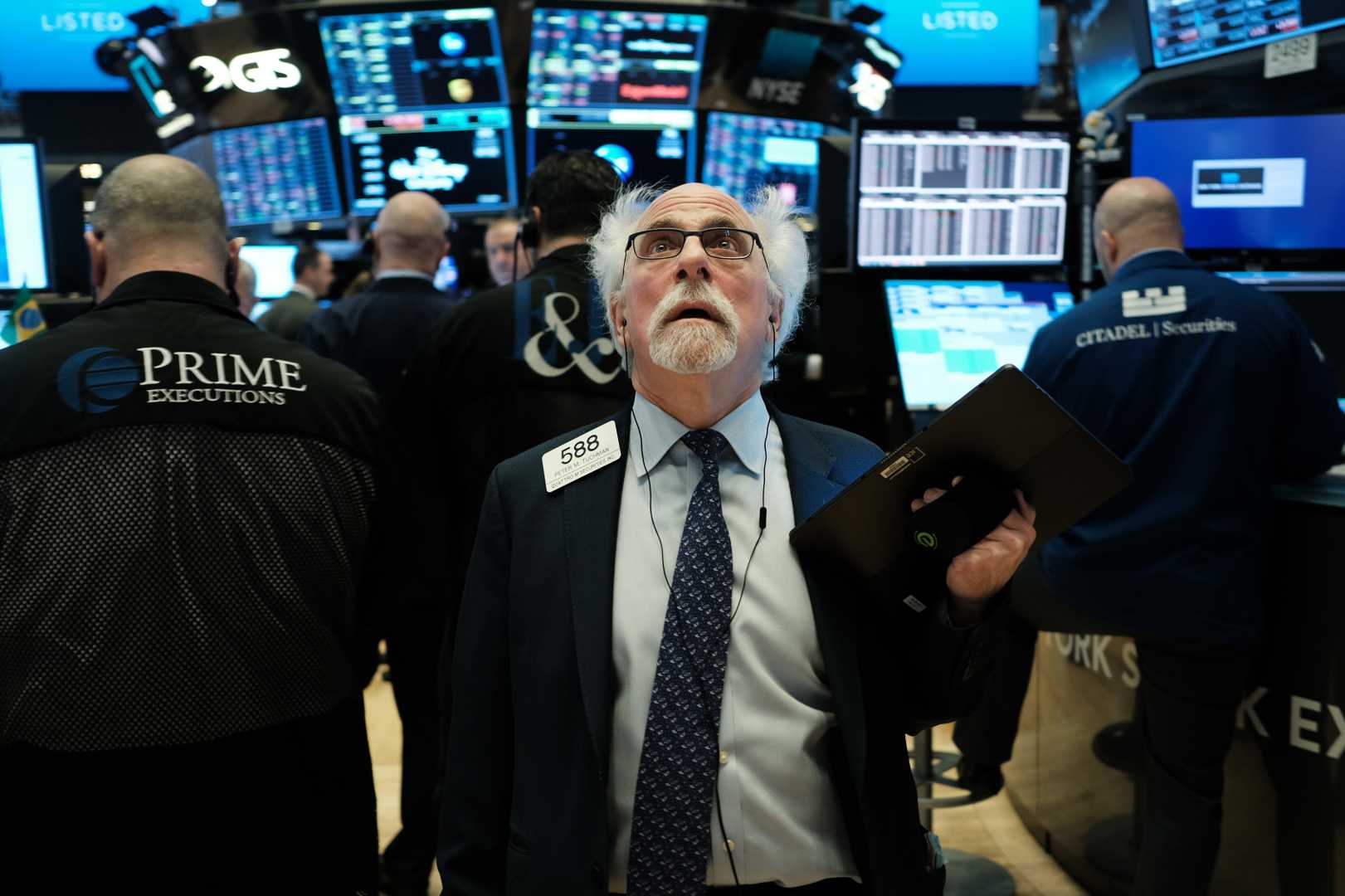Business
Market Turmoil Follows Trump’s Tariffs as Asian Shares Plummet

HONG KONG (AP) — Asian shares dipped significantly on Friday following a wave of shock reverberating from Wall Street, triggered by U.S. President Donald Trump‘s new tariffs. This level of anxiety in the markets has not been observed since the onset of the COVID-19 pandemic in 2020.
The announcement of the tariffs has led to a decline in key sectors, affecting everything from crude oil prices to major technology stocks, and causing the U.S. dollar to weaken against various currencies. Even gold, which is traditionally viewed as a safe haven for investors, experienced a downturn after reaching new highs recently.
Market analysts attribute this sell-off to Trump’s declaration of “Liberation Day,” a move that could potentially create a precarious blend of diminishing economic growth coupled with rising inflation. Economists have voiced concerns that this strategy may further destabilize global markets.
The repercussions were swift. Shares across Asia registered losses as investors reacted to the news. Tokyo‘s Nikkei 225 fell by 1.8%, while Hong Kong’s Hang Seng Index witnessed a drop, closing more than 2.5% lower. In addition, Australian markets similarly slumped, led by declines in sectors heavily focused on commodity exports.
“The announcement from President Trump has caught many off guard,” said Robert Greason, a market analyst based in New York. “Investors are worried about the long-term implications of these tariffs on global trade and economic stability.”
The economic impact extends far beyond immediate stock values. Analysts predict that widespread market anxiety could translate into reduced spending and investment, which may slow economic recovery efforts following the pandemic.
Catch-up trading was evident as markets opened, with downturns reflected in various indices. The S&P 500 index recorded a decline of 3% the previous day, raising questions about the continuation of the bull market that had persisted since the recovery phase post-pandemic.
“We may be witnessing the onset of a significant market correction, and it’s a wake-up call for many investors who had become complacent,” Greason added.
The financial climate remains tense as traders await further developments from Washington and assess the broader implications of these tariffs on international relations and trade dynamics.












